Introduction
Artificial Intelligence (AI) is revolutionizing industries worldwide — and cybersecurity is no different. As businesses turn more and more to AI to identify, block, and counteract cyber threats, many experts are left to ask: Will AI Take Over cybersecurity jobs? This issue provokes fear in some, interest in others, but always warrants a thoughtful and realistic response.
In this article, we’ll explore the future of cybersecurity jobs with AI, identify the cybersecurity roles AI will automate, examine which cybersecurity jobs are at risk from AI, and offer insights on how professionals can evolve with the rapidly changing landscape.
The Rise of AI in Cybersecurity
AI’s integration into cybersecurity isn’t just a trend — it’s a necessity. As cyber threats grow in complexity and frequency, traditional security systems often fall short. AI offers speed, scalability, and pattern recognition that human analysts alone cannot achieve.
Key applications of AI in cybersecurity include:
- Threat detection and response
- Anomaly and behavior analysis
- Automated incident investigation
- Malware detection using machine learning
- Vulnerability management and patch prioritization
Firms such as Palo Alto Networks, CrowdStrike, and IBM are spending big on AI-driven cybersecurity solutions. This is transforming the work of cybersecurity teams at a fast pace.
Will AI Take Over Cybersecurity Jobs?
Short answer: Not completely — but some jobs will be radically altered or replaced.
AI is great at repeating repetitive, time-consuming tasks. This leaves human cybersecurity professionals free to move in the direction of more strategic, more complex decision-making. Roles involving highly routine processes and rule-based work are more likely to be automated in the short term.
Let’s dissect some important cybersecurity tasks and how humans and AI fare when dealing with them:
Threat Hunting
- Human Edge: Contextual analysis and ethical judgment
- AI Advantage: Quick data processing over huge datasets
Log Analysis
- Human Advantage: Situational awareness and contextual understanding to apply
- AI Advantage: Effective in detecting hidden patterns and anomalies in logs
Compliance Auditing
- Human Advantage: Familiarity with regulatory landscapes and complex legal requirements
- AI Advantage: Speed-based consistency and capacity to handle redundant compliance checks
Penetration Testing
- Human Advantage: Creativity, randomness, and attacker-like thinking
- AI Advantage: Automated, high-speed scanning for shared vulnerabilities and exposures
SOC Monitoring (Security Operations Center)
- Human Edge: Strategic decision-making in incidents and escalations
- AI Edge: 24/7 alert discovery and real-time anomaly detection
In short, while AI is set to do many low-level or routine cybersecurity tasks, it will also augment human professionals’ capabilities. The future is in collaboration, not replacement.
Cybersecurity Jobs AI Will Automate
Although AI will not render human professionals obsolete, some of the cybersecurity jobs will be automated either partially or completely in the next few years. The following are among the most probable candidates:
Tier 1 SOC Analyst (Security Operations Center)
- Alert handlers and initial triagers.
- AI platforms can now parse massive logs, remove false positives, and pass on actual threats — quicker than a human.
- Risk: High
Vulnerability Management Assistants
- Activities such as scanning systems, detecting vulnerabilities, and classifying risk can be automated.
- AI solutions such as Qualys and Rapid7 already provide this feature.
- Risk: Moderate to High
Security Compliance Reporting
- Creating compliance reports from structured data is greatly automatable.
- But analyzing those reports still needs human judgment.
- Risk: Moderate
Threat Intelligence Gathering
- AI can greatly assist in gathering and aggregating open-source threat intelligence.
- Human analysts are still necessary for context and prioritization.
- Risk: Moderate
Cybersecurity Careers Threatened by AI
Automation, although useful, is true that some cybersecurity careers are threatened by AI — particularly those that do not keep up with technology development.
Careers Most Vulnerable:
- Young analysts who are dependent on manual tools
- Security report writers are lacking analysis or strategy skills.
- Log analysts who do not leverage contextual insight.
- Compliance officers who apply static models
But this doesn’t equate to the end of careers — it equates to a change in needed skillsets.
Cybersecurity Careers That Will Flourish with AI
Here’s the good news: AI is also generating new roles. Cybersecurity experts who adapt to AI and reskill with a view to the future will still be in demand.
Top-demand cybersecurity jobs in the AI age:
AI Security Engineers: Develop and maintain AI-fueled systems to keep them secure.
Cybersecurity Strategists: Craft defense strategies that incorporate AI solutions.
Ethical Hackers & Pen Testers: Human imagination and unpredictability are not replicable.
Risk Management Analysts: Translating AI-based data to inform executive decision-making.
Incident Responders: Human decision-making is essential in crises.
Security Awareness Trainers: AI can’t teach humans how to stay away from phishing in a complex fashion — humans can.
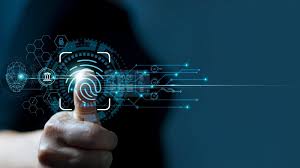
Skills Cybersecurity Professionals Need to Stay Relevant
To stay competitive in the AI-powered cybersecurity world, professionals need to upskill in the following areas:
Fundamentals of AI & Machine Learning
- Grasping the way that AI algorithms operate (even at a high level) is fundamental.
- Familiarity with systems such as TensorFlow or scikit-learn is a plus.
Data Analysis and Visualization
AI generates gigantic amounts of data — being able to make sense of it is paramount.
Cloud Security
Since AI systems tend to be cloud-hosted, cloud security skills are becoming more relevant.
Programming (Python, Java, etc.)
- Understanding how to compose or alter AI scripts puts you at an advantage.
Soft Skills
- Critical thinking, creativity, communication, and flexibility continue to be essential.
The Human Touch in Cybersecurity
Regardless of how developed AI is, humans introduce intuition, ethical thought, and strategic vision that can’t be matched by machines.
AI can identify patterns and outliers, but can’t entirely comprehend context, organizational culture, or intent behind cyber attacks. In high-risk situations, incident response decisions, legal concerns, and public relations are still best left to human judgment.
Cybersecurity is not a question of tools — it’s people, processes, and policy.
Planning for the Future: A Balanced Approach
The brightest strategy isn’t to dread AI but to collaborate with it.
Action Steps
- Let AI be an ally, not an enemy.
- Prioritize jobs involving human judgment and imagination.
- Regularly enhance your skill set.
- Learn the AI tools your organization employs.
- Pursue certifications in AI-connected cybersecurity (e.g., CompTIA CySA+, MITRE ATT&CK).
Organizations also need to upskill current staff instead of replacing them. Cybersecurity professionals are not plentiful, and AI-human collaboration is the most long-term course of action.
Conclusion: Embrace the Shift, Don’t Resist It
So, will AI steal cybersecurity work? Yes — but only the work that won’t change. AI will do repetitive tasks and replace stagnant positions, but it will also open new, exciting doors for those who evolve.
The future of cybersecurity jobs with AI lies in collaboration, not competition. By understanding what roles AI will automate and where humans still excel, professionals can future-proof their careers and thrive in the AI age.
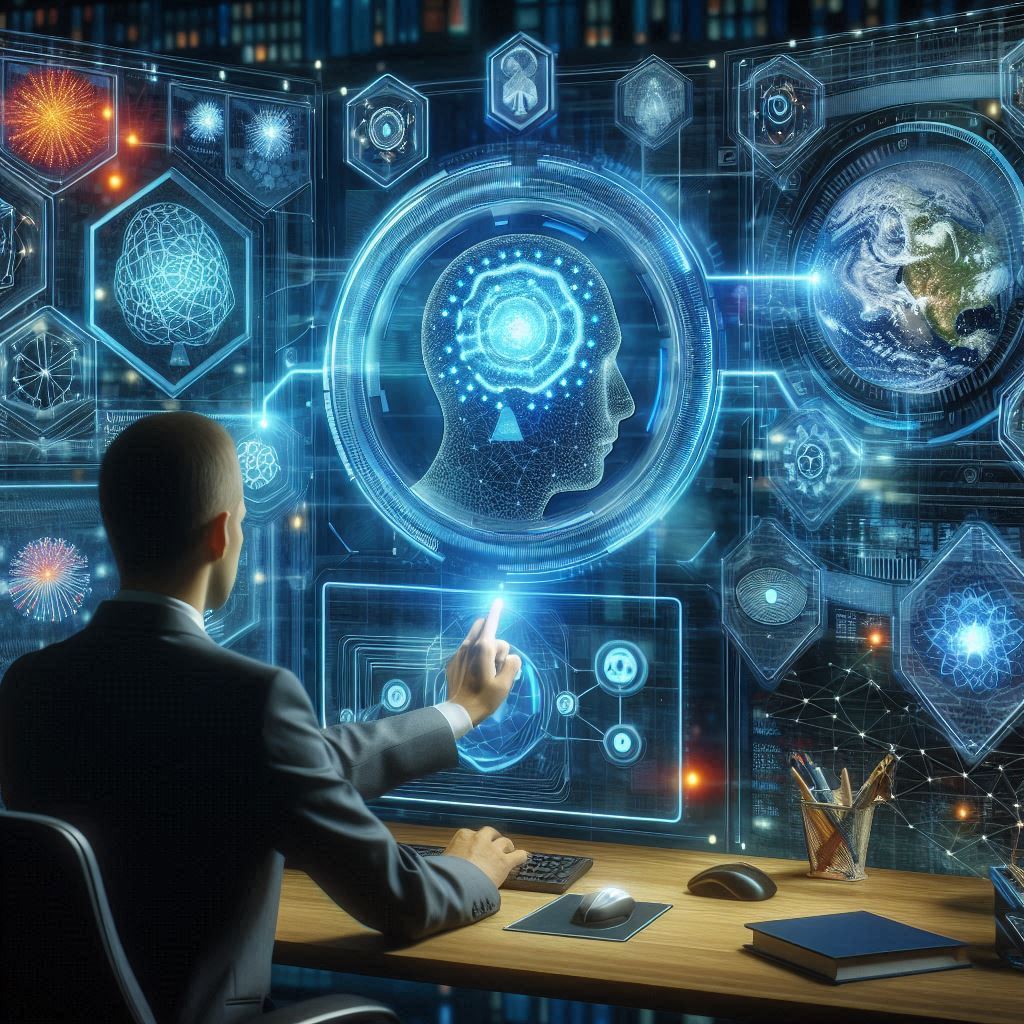
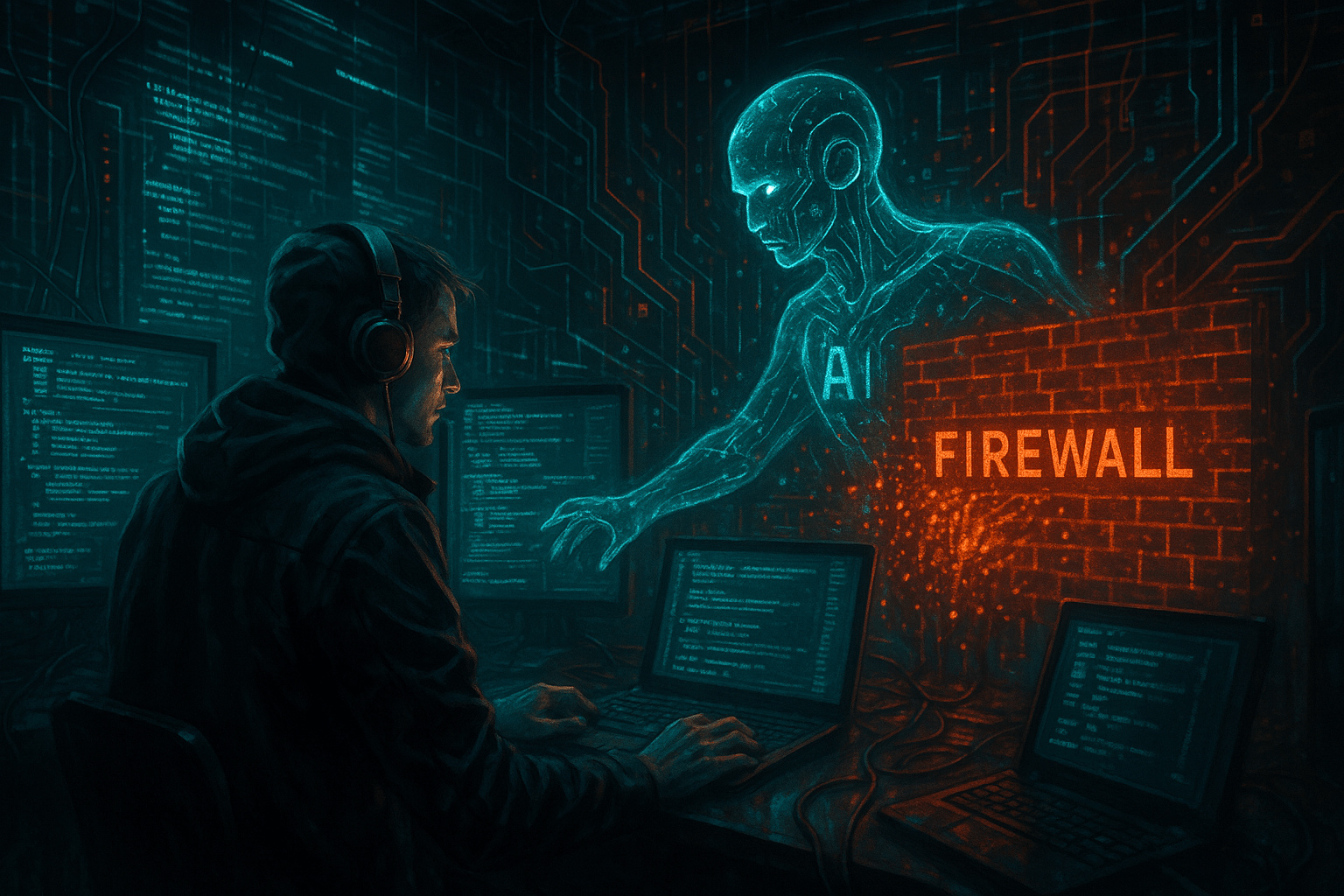
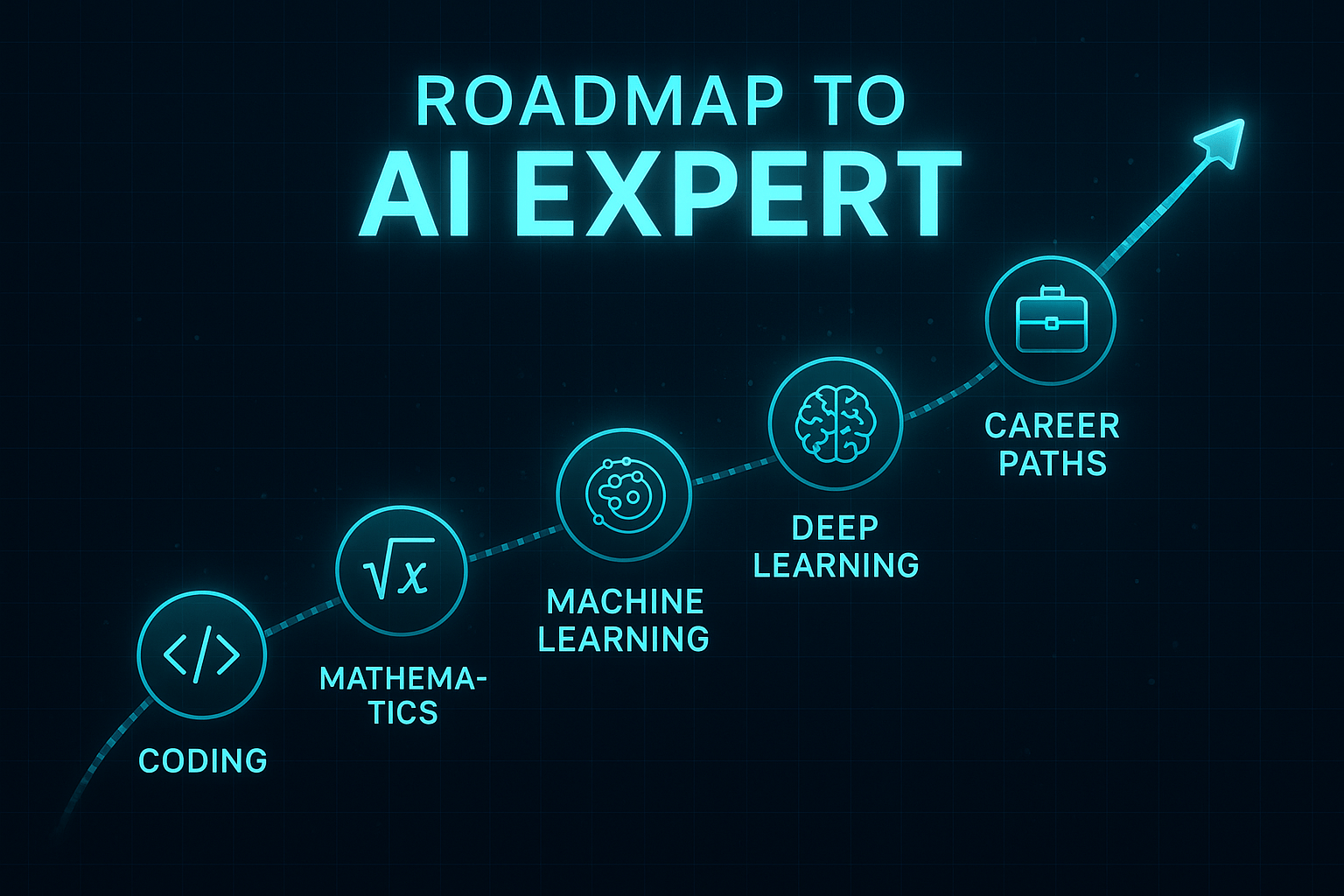

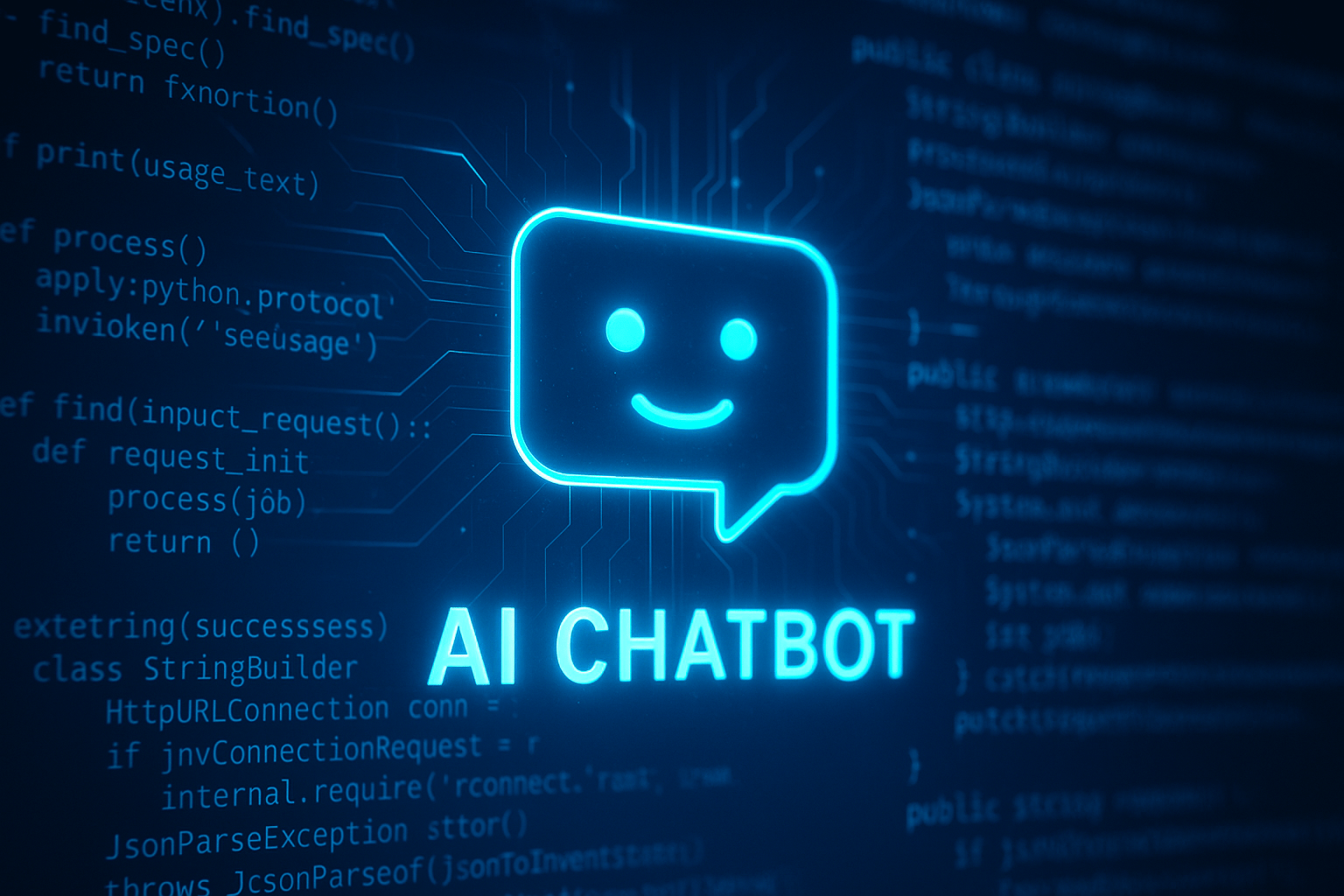

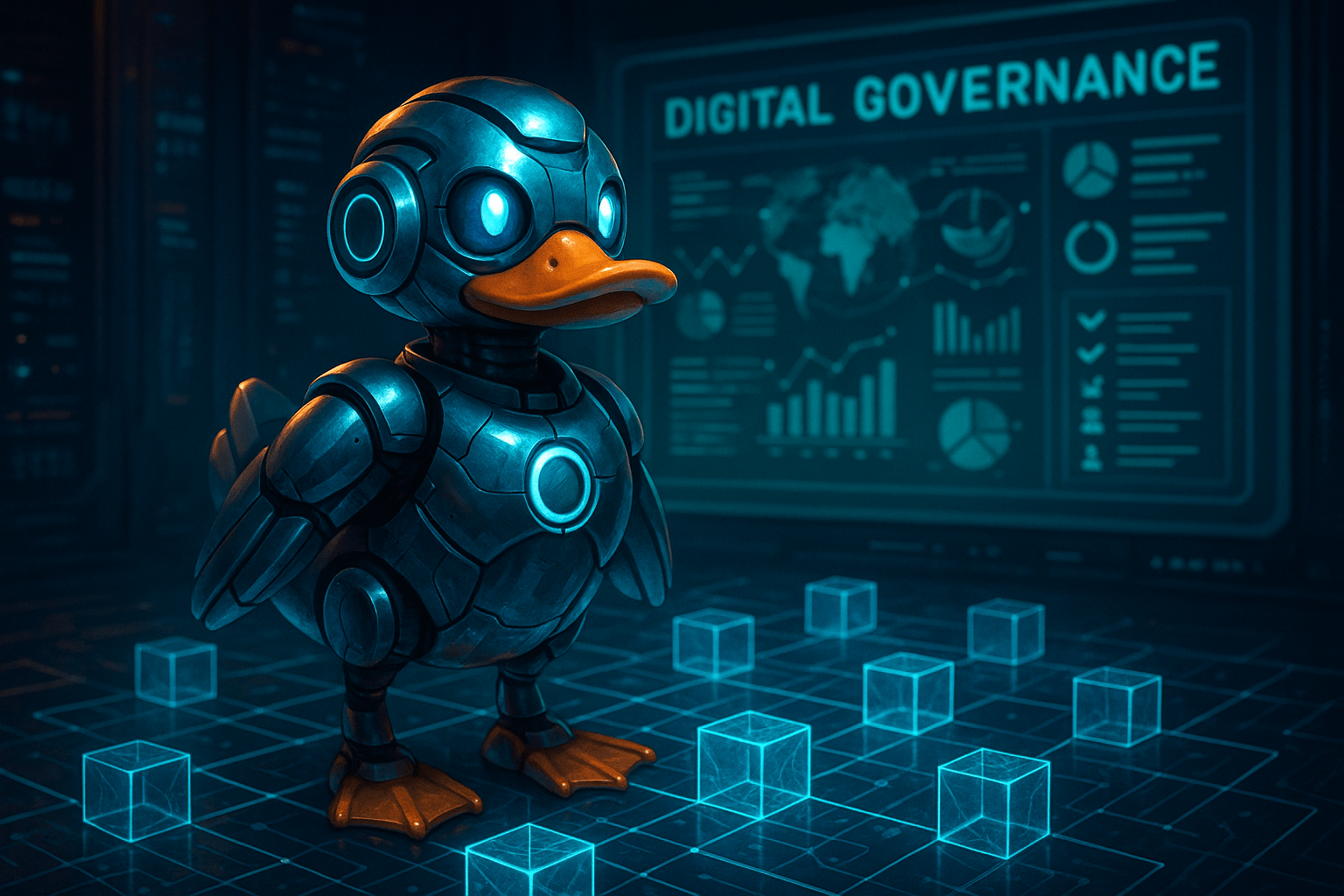
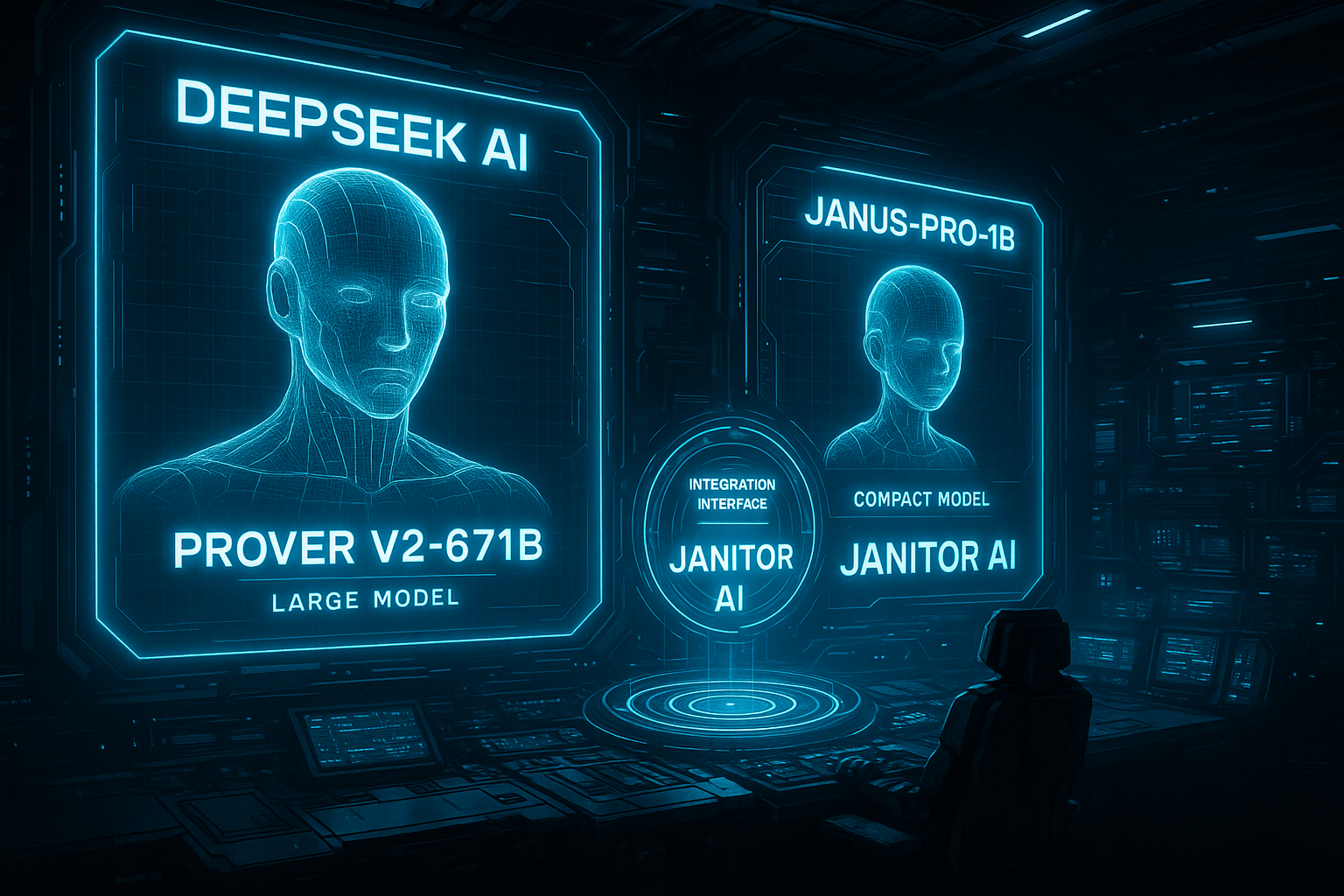
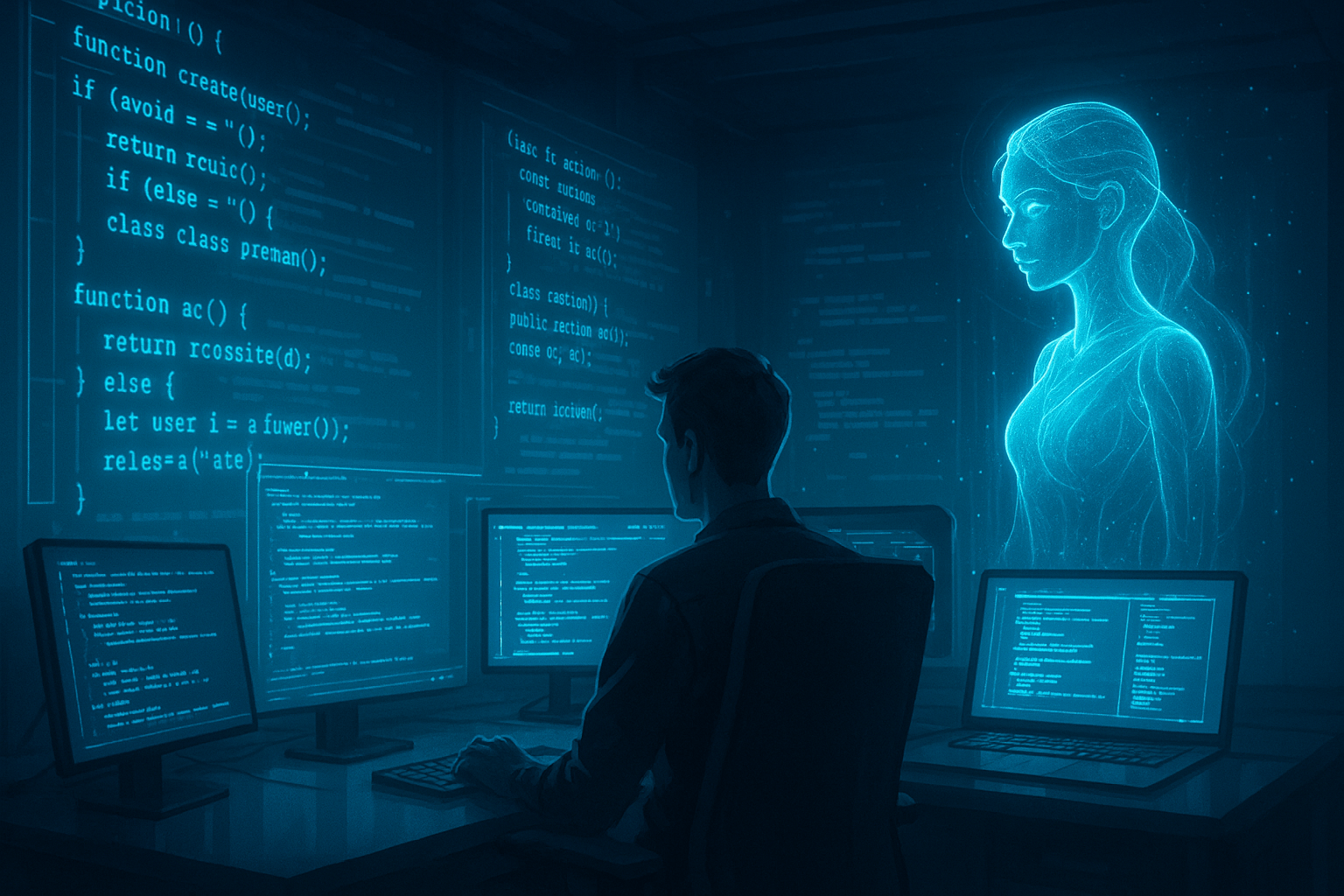
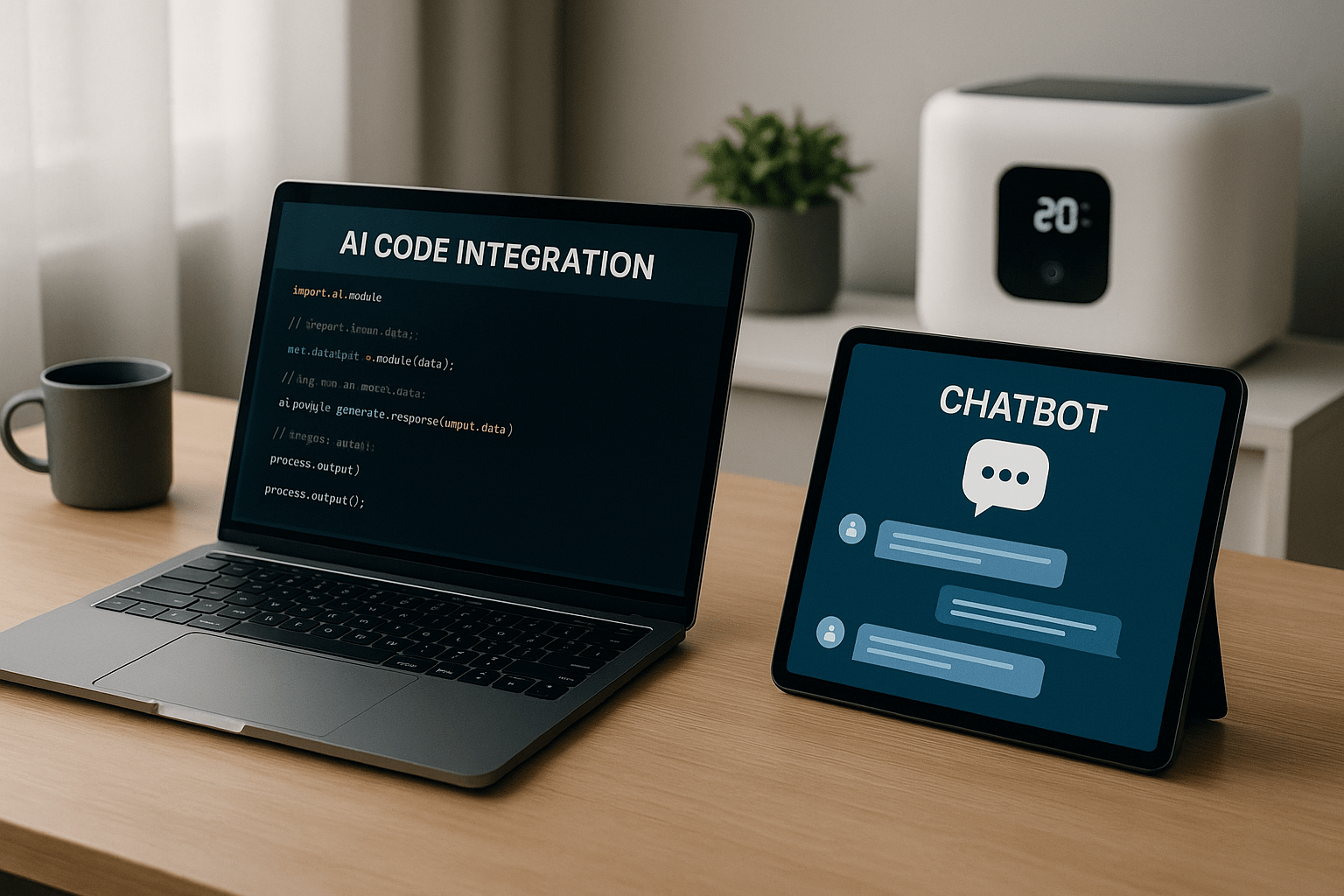
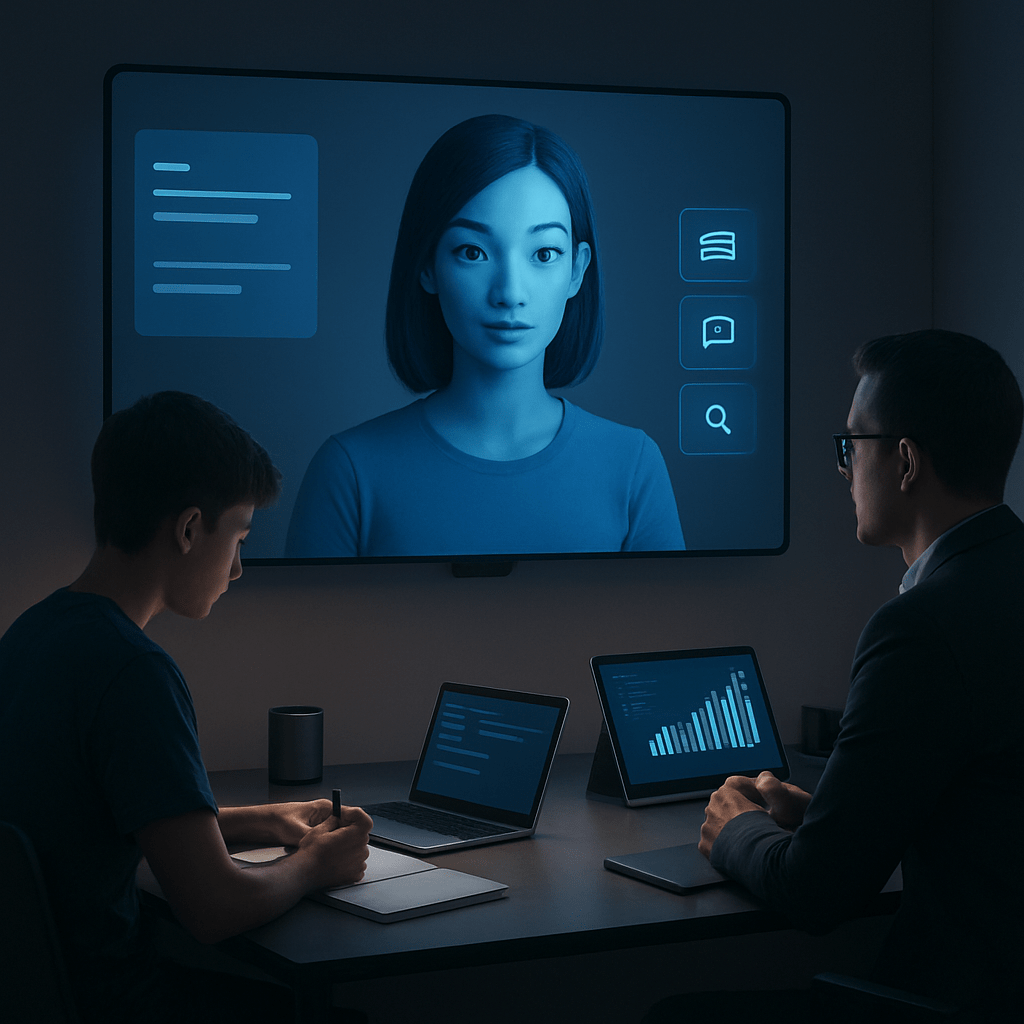
Amazing! AI-Developed Material Is Stronger Than Steel Yet Incredibly Light - PensoraIQ
[…] Admin […]